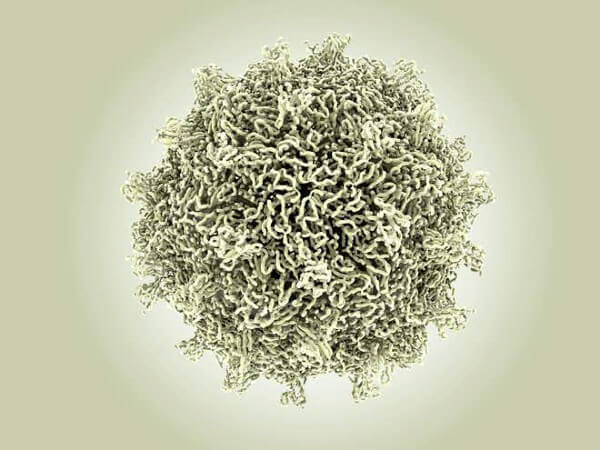Myocardium is another name for the heart muscle. Myocarditis is defined as inflammation or infection of this muscle in the heart. Viruses and bacteria in our body can infect the heart muscle and the middle wall of the heart and multiply there, causing the heart to malfunction. When left untreated, myocarditis can cause serious damage to the heart muscle and lead to heart failure because not enough blood can be pumped to the body.

While myocarditis does not show symptoms in some patients, some patients may experience symptoms of infection such as fever and cough. Additionally, patients may present with chest pain, shortness of breath, heart rhythm disturbances, palpitations and clotting. In the diagnosis of myocarditis, scintigraphy, echocardiography and MR angiography are used after physical examination. In addition, electrocardiography, telecardiography, cardiac catheterization, biopsy and various laboratory tests are also auxiliary diagnostic elements.
In the treatment of myocarditis, it is important to follow the patient in the hospital. Symptoms of heart failure, rhythm disturbances and clotting should be monitored during this process and necessary treatment should be applied.

